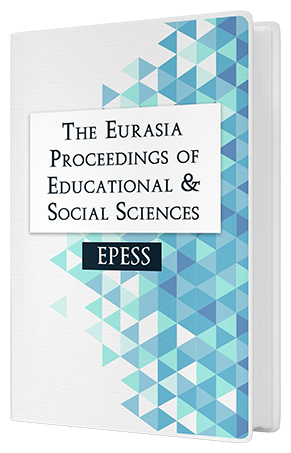Oral Proficiency Interview (OPI) for the Assessment of Speaking
DOI:
https://doi.org/10.55549/epess.1223240Keywords:
Testing speaking, Assessment of speaking, Oral proficiency interviewAbstract
The skill of speaking, arguably, plays the most essential role in the process of communication among people; thus, the teaching and assessment of speaking deserves special attention. The oral proficiency interview (OPI) has been utilized as a technique for the assessment of speaking for about 70 years and its traditional format has been revised and updated in line with the requirements of contexts and innovations in technology. Accordingly, this paper briefly introduces the OPI and discusses the advantages and disadvantages of the OPI. In addition, the reliability and validity of the OPI for the assessment of speaking skills has also been expounded on with specific reference to its strengths and weaknesses. More precisely, the paper argues that the OPI has the potential to assist foreign language teachers in teaching and testing the speaking skills of their learners as long as its weaknesses are compensated for, reliable rating scales are designed and raters are trained to score the performances reliably.Downloads
Published
Issue
Section
License
Copyright (c) 2022 The Eurasia Proceedings of Educational and Social Sciences

This work is licensed under a Creative Commons Attribution-NonCommercial-ShareAlike 4.0 International License.
The articles may be used for research, teaching, and private study purposes. Any substantial or systematic reproduction, redistribution, reselling, loan, sub-licensing, systematic supply, or distribution in any form to anyone is expressly forbidden. Authors alone are responsible for the contents of their articles. The journal owns the copyright of the articles. The publisher shall not be liable for any loss, actions, claims, proceedings, demand, or costs or damages whatsoever or howsoever caused arising directly or indirectly in connection with or arising out of the use of the research material. All authors are requested to disclose any actual or potential conflict of interest including any financial, personal or other relationships with other people or organizations regarding the submitted work.




